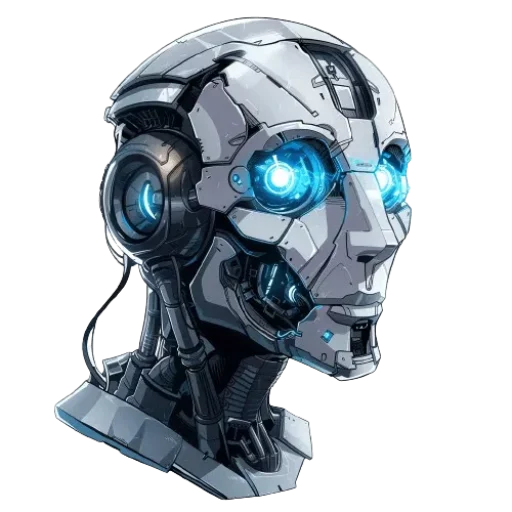Key findings
Generative artificial intelligence (GenAI) is not likely to transform blue-collar jobs, such as that of Psychiatric Aides.
The unique automation wave of GenAI may impact the work but not significantly.
Blue-collar workers could even see increased demand and income due to the growth of premium goods and services.
GenAI lacks the ability to perform physical tasks, keeping blue-collar workers shielded from major disruption.
While some skills may be automated in the future, the complex tasks of Psychiatric Aides, such as active listening, social perceptiveness, and judgment, are unlikely to be fully automated.
The work may see some impact from GenAI, but the core skills and tasks of the job will likely remain human-driven.
How could AI or automation replace or complement job activities?
While AI, automation, or LLMs like Chatgpt could enhance certain processes in the role of providing emotional support and routine care to psychiatric patients, they may not fully replace the essential human touch needed in such sensitive interactions.
These technologies could streamline administrative tasks, record-keeping, or data entry, allowing psychiatric aides to focus more on direct patient care and emotional connection.
For instance, AI could assist in organizing patient information, scheduling activities, or managing inventory, freeing up aides to engage more meaningfully with patients, fostering a deeper therapeutic relationship.
Job description
Support mentally impaired or emotionally disturbed patients as directed by medical and nursing staff. Tasks may include helping with daily activities, organizing educational and recreational activities, and escorting patients to appointments. Some duties may involve managing violent behavior. This role is also known as psychiatric orderly.


0 Comments